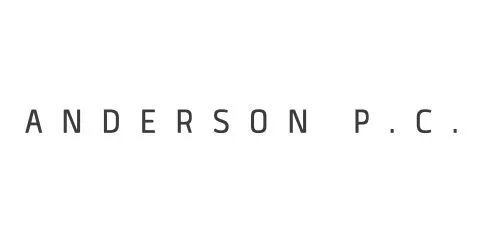A high-stakes legal and political confrontation is unfolding between Harvard University and the Trump administration. At its core lies a dispute over federal research funding, the right of private universities to operate independently, and the administration's efforts to combat antisemitism on campuses. The conflict raises profound questions about constitutional law, academic freedom, and the extent of executive power over institutions of higher learning.
In recent weeks, the Trump administration has intensified pressure on Harvard University to implement changes to its admissions, hiring, and governance practices. These demands, framed as part of a broader federal campaign against antisemitism, were delivered alongside threats to withdraw over $9 billion in federal research support, including $2.2 billion in grants and contracts already frozen, and to revoke the University's tax-exempt status.
Homeland Security Secretary Kristi Noem added to the pressure by threatening Harvard's ability to enroll international students, citing concerns about "illegal and violent" actions by foreign student visa holders. These escalations come amid criticism from Trump and his administration that Harvard has failed to adequately protect Jewish students amid pro-Palestinian protests and alleged instances of antisemitism.
Harvard President Alan Garber responded forcefully, asserting that the University "will not surrender its independence or relinquish its constitutional rights," and calling the administration's demands an attempt to regulate the University's "intellectual conditions."
Harvard University
Harvard will likely argue that the federal government's actions constitute unconstitutional viewpoint discrimination. Demands to restructure departments, modify hiring practices, and audit intellectual content are arguably infringements on academic speech, protected under the First Amendment.
Harvard may claim that conditioning funding on ideological or structural changes violates due process rights, especially where such conditions are vague, coercive, or exceed statutory authority. The Supreme Court has previously underscored the autonomy of educational institutions in cases like Sweezy v. New Hampshire (1957) and Keyishian v. Board of Regents (1967).
The administration could be accused of using its spending power to coerce institutions into actions unrelated to the original purpose of the grants. This mirrors the reasoning in NFIB v. Sebelius (2012), where the Court invalidated part of the Affordable Care Act for threatening states with the loss of Medicaid funding.
Harvard could also assert that the government's actions, particularly the scrutiny of foreign students and targeting of certain academic programs, are arbitrary and potentially discriminatory under the Equal Protection Clause, especially if applied inconsistently across institutions.
The Trump Administration
The administration cites Title VI of the Civil Rights Act of 1964, which prohibits discrimination on the basis of race, color, or national origin in programs receiving federal financial assistance. The administration argues that Harvard has failed to prevent a hostile environment for Jewish students, thus violating federal civil rights obligations.
Under the Spending Clause, the federal government is permitted to attach conditions to the receipt of funds, provided they are clearly stated and related to the federal interest in the program. The administration may argue that oversight of antisemitism policies and academic governance falls within the scope of ensuring nondiscrimination.
Secretary Noem's request for information on foreign students may be framed as a national security measure, invoking broad executive discretion under the Immigration and Nationality Act and the Patriot Act to investigate and mitigate risks related to visa holders involved in protests or unlawful activity.
Lastly, regarding tax status, the IRS may claim that institutions benefiting from tax-exempt privileges must operate for the public good and not violate public policy. If the administration frames Harvard's conduct as antithetical to national civil rights values, it may assert authority to revoke this exemption under Bob Jones University v. United States (1983), where the Court upheld revocation of tax-exempt status over racially discriminatory practices.
Legal Implications
This legal standoff could redefine the relationship between universities and the federal government. If the administration's strategy succeeds, universities may face tighter federal control over internal policies and curricula, particularly when linked to social and political controversies.
The case spotlights growing tensions between executive authority and First Amendment freedoms, as well as the boundaries of lawful government coercion via funding. The courts may be asked to draw clearer lines around when conditions on funding become unconstitutional mandates, and how much autonomy private institutions are entitled to in the face of national policy agendas.
The Harvard-Trump clash is more than a political headline, it is a constitutional tipping point. As both sides brace for what could become a legal battle in federal court, the outcome may shape the future of academic freedom, civil rights enforcement, and the limits of federal power for years to come. Institutions of higher education across the country are watching closely, and with good reason.
The content of this article is intended to provide a general guide to the subject matter. Specialist advice should be sought about your specific circumstances.


